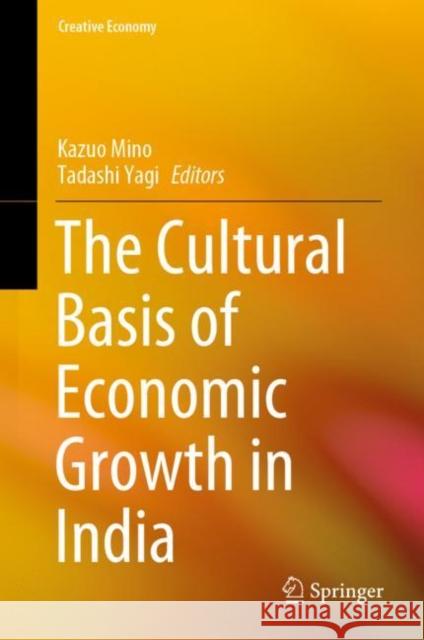The Cultural Basis of Economic Growth in India » książka
topmenu
The Cultural Basis of Economic Growth in India
ISBN-13: 9789811593048 / Angielski / Twarda / 2022
The Cultural Basis of Economic Growth in India
ISBN-13: 9789811593048 / Angielski / Twarda / 2022
cena 402,53
(netto: 383,36 VAT: 5%)
Najniższa cena z 30 dni: 385,52
(netto: 383,36 VAT: 5%)
Najniższa cena z 30 dni: 385,52
Termin realizacji zamówienia:
ok. 22 dni roboczych
Dostawa w 2026 r.
ok. 22 dni roboczych
Dostawa w 2026 r.
Darmowa dostawa!
Kategorie:
Kategorie BISAC:
Wydawca:
Springer
Seria wydawnicza:
Język:
Angielski
ISBN-13:
9789811593048
Rok wydania:
2022
Wydanie:
2022
Numer serii:
000545700
Oprawa:
Twarda
Wolumenów:
01
Dodatkowe informacje:
Wydanie ilustrowane











